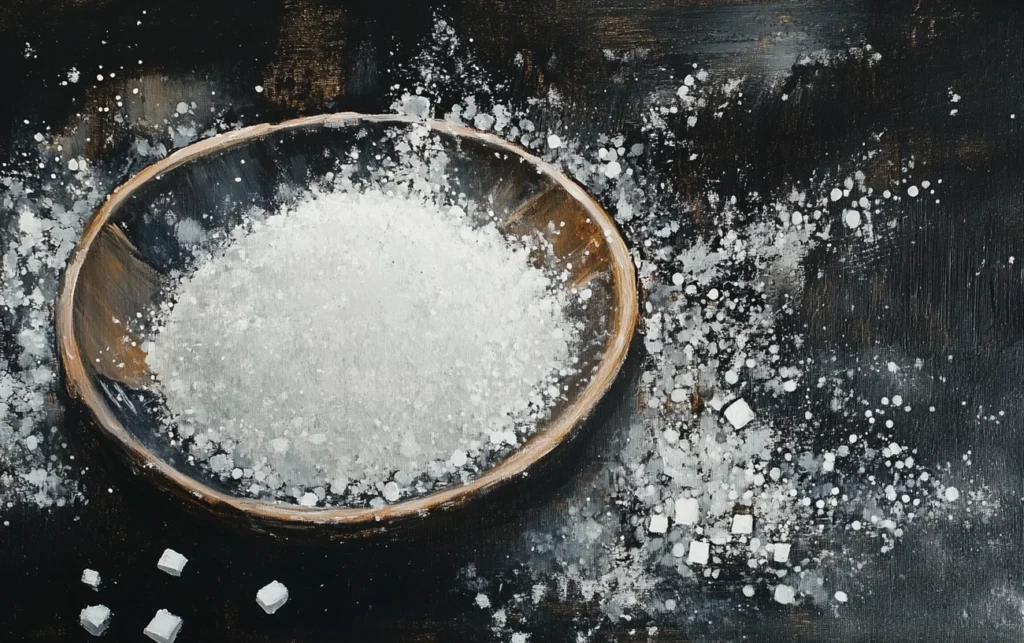Balanced nutrition is key to a healthy lifestyle, but it’s important to know how much of certain ingredients you can consume daily without harming your health. Sugar, salt, and fats are essential components of a diet, but excessive intake can lead to serious health problems.
World Health Organization (WHO) Recommendations
The WHO suggests the following daily intake limits:
- Sugar: Less than 50 g (12 teaspoons) per day.
- Salt: Less than 5 g per day.
- Fats: Less than 65 g per day.
- Trans fats: Minimize as much as possible.
Sugar
Sugar is often called the “sweet death,” and not without reason. The WHO recommends that added sugar should not exceed 10% of your total daily calorie intake. For those consuming around 2,000 kcal per day, this equates to about 50 g or 12 teaspoons of sugar. Ideally, this should be reduced to 25 g (6 teaspoons) per day.
Excessive sugar consumption can increase the risk of developing diabetes, tooth decay, and other diseases.
Fats
Fats are an important source of energy and should make up no more than 30% of your total calorie intake. For a 2,000-calorie diet, this means about 65 g of fats per day.
Overconsumption of fats can lead to liver diseases, metabolic disorders, atherosclerosis, cardiovascular diseases, and even cancer.
Trans Fats
Trans fats are artificially modified fats that can raise cholesterol levels and significantly harm the heart and blood vessels. They are commonly found in sauces, crackers, chips, fast food, and baked goods.
Ideally, trans fats should make up no more than 1-2% of your total fat intake.
Salt
Sodium, found in salt, can raise blood pressure, making excessive salt consumption one of the main causes of hypertension. Additionally, too much sodium increases the risk of stroke and kidney failure.
WHO experts advise limiting salt intake to 5 g per day. However, it is not recommended to completely eliminate salt from the diet, even for people with hypertension, as sodium is necessary for maintaining important physiological processes.
In general, it’s important to adhere to these guidelines and be mindful of the amount of sugar, salt, and fats you consume to maintain your health and reduce the risk of serious diseases.

